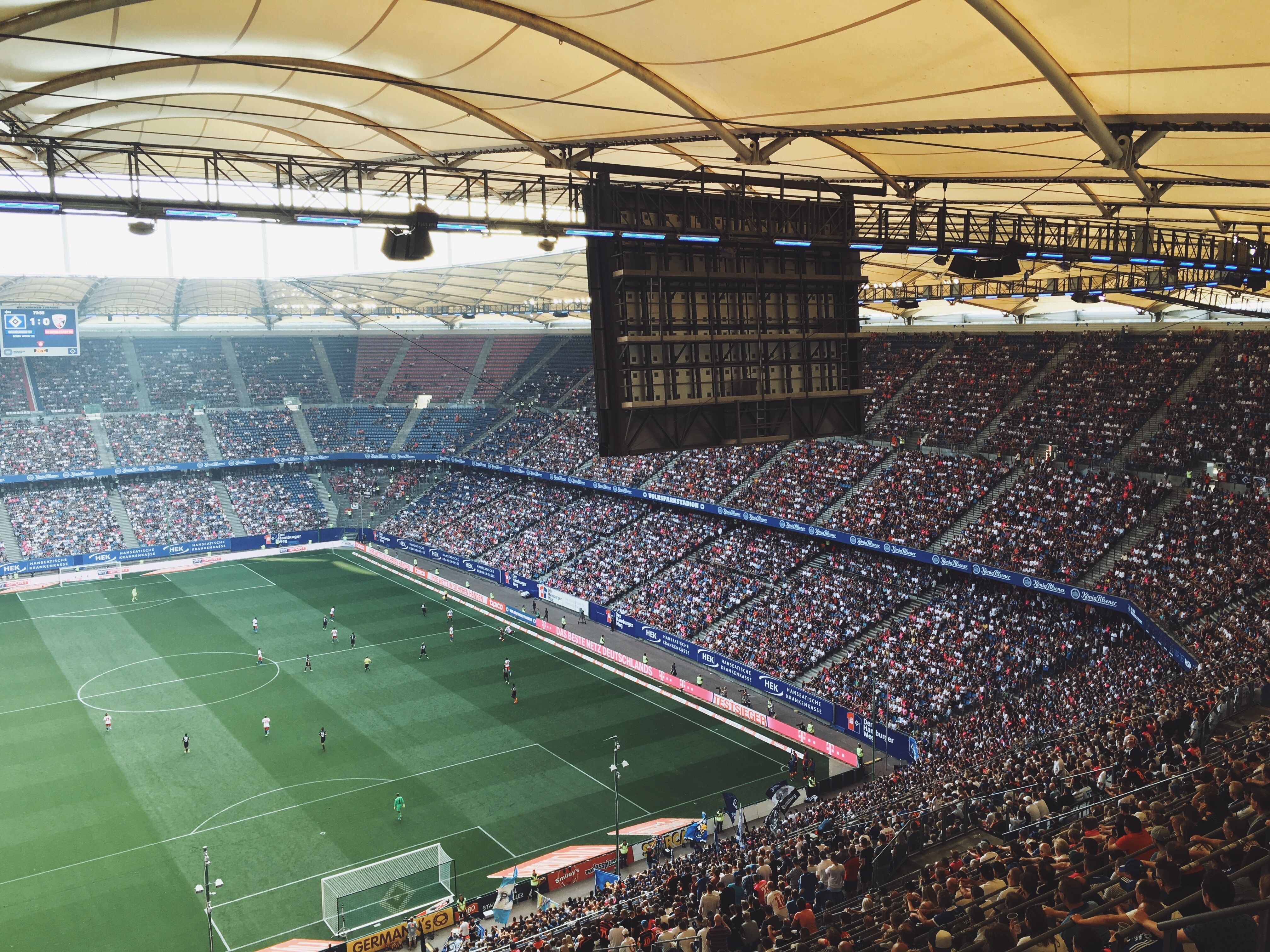The problems with VAR make it unsuitable for the World Cup
As if the Russian World Cup wasn’t already controversial enough, it will now also be the first World Cup to utilise video assistant referees (VAR) which has had a tumultuous birth as a series of high-profile cases since its introduction to the FA Cup has raised serious question marks. VAR has already been indicted as antithetical to the game in the eyes of some fans; lumbering and ineffective, it breaks the flow of a dynamic game into an anaesthetising experience as players experience a Kafkaesque nightmare of waiting several tense minutes for the referee to make a judgement. Staunch defenders of the footballing tradition such as David Wagner argued that “it kills the emotion in the stadium” (despite recently being a beneficiary of a VAR decision). Much like any Apple product, it’s a flashy piece of technology with no substance to offer.
As hawk-eye shows, such technology can be used effectively provided organisers improve its application…
Some of the criticism of controversial VAR incidents has been reasonable and legitimate. A lot of people ridiculed the lines used to controversially disallow a goal from Juan Mata against Huddersfield, which looked more like a child’s MS Paint drawing than a professional analysis. Contrasted with hawk-eye used in tennis or cricket the current technological support available to VAR seems amateur and ill-fitting for such competitions, which have the money to implement better software. It can be easy to dismiss VAR in its entirety. But, as hawk-eye shows, such technology can be used effectively provided organisers improve its application to reach easily attainable standards.
Just last week, VAR had perhaps its most peculiar controversy yet as Mainz were awarded a penalty after the halftime whistle was blown and the Frieburg players had left the pitch. The rather surreal image of the entire stadium waiting for the keeper to come back onto the pitch for the penalty to be taken exacerbated the perception of VAR being a disruption, and ultimately, a farce. It was logistically absurd that players were allowed to leave before a verdict had been reached. And this is a problem likely to be accentuated as Aleksander Čeferin says it’s possible “we will have referees who have never officiated with the VAR”. The implementation of VAR through subpar logistics and a lack of training is far more disconcerting than the concept of VAR itself, and any hope of ensuring a fairer game will be hindered until governing bodies improve its implementation.
The final judgement still rests on fallible humans that have their own interpretations of rules…
The debate surrounding VAR is, to some extent, a red herring which ignores wider problems in officiating. The referees, both on and off the pitch, are still the arbiters of the game who enforce the rules of the game, some of which can be vague. A handball is one of the biggest quagmires, as many fans will squabble and debate for hours over a handball decision given based on (presumed) intentionality, hand position or movement, and distance between the opponent’s hand and the ball. With these combined factors, referees have to rely on their subjective judgement to make a call which VAR is essentially useless in aiding. Just as watching a 4K rendition of Shyamalan’s “The Last Airbender” doesn’t fix the film’s glaring flaws, VAR can’t iron out the creases created by clashing interpretations.
How does VAR help in determining what a penalty is, especially in the grey area where the foul is not in question but the player diving is? The simplest answer is that it doesn’t. Unfortunately, VAR cannot provide any insight into those issues. It is a tool that can provide clarity, but the final judgement still rests on fallible humans that have their own interpretations of rules, or worse, still make mistakes of judgement. We saw this reality play out as VAR failed to overturn an incorrectly awarded yellow card against Willian for diving. All the cameras in the stadium couldn’t overturn an incorrect decision.
This, I think, is the real problem. Whereas the introduction of goal-line technology was universally applauded and welcomed with opened arms, VAR has justifiably had to contend with criticism as it failed to correct the very mistakes the technology was instituted to solve. The technology probably shouldn’t be going to Russia, not so much due to it being unsuitable for the sport, but because we’ve yet to make it suitable for the sport.

Comments